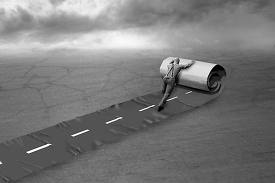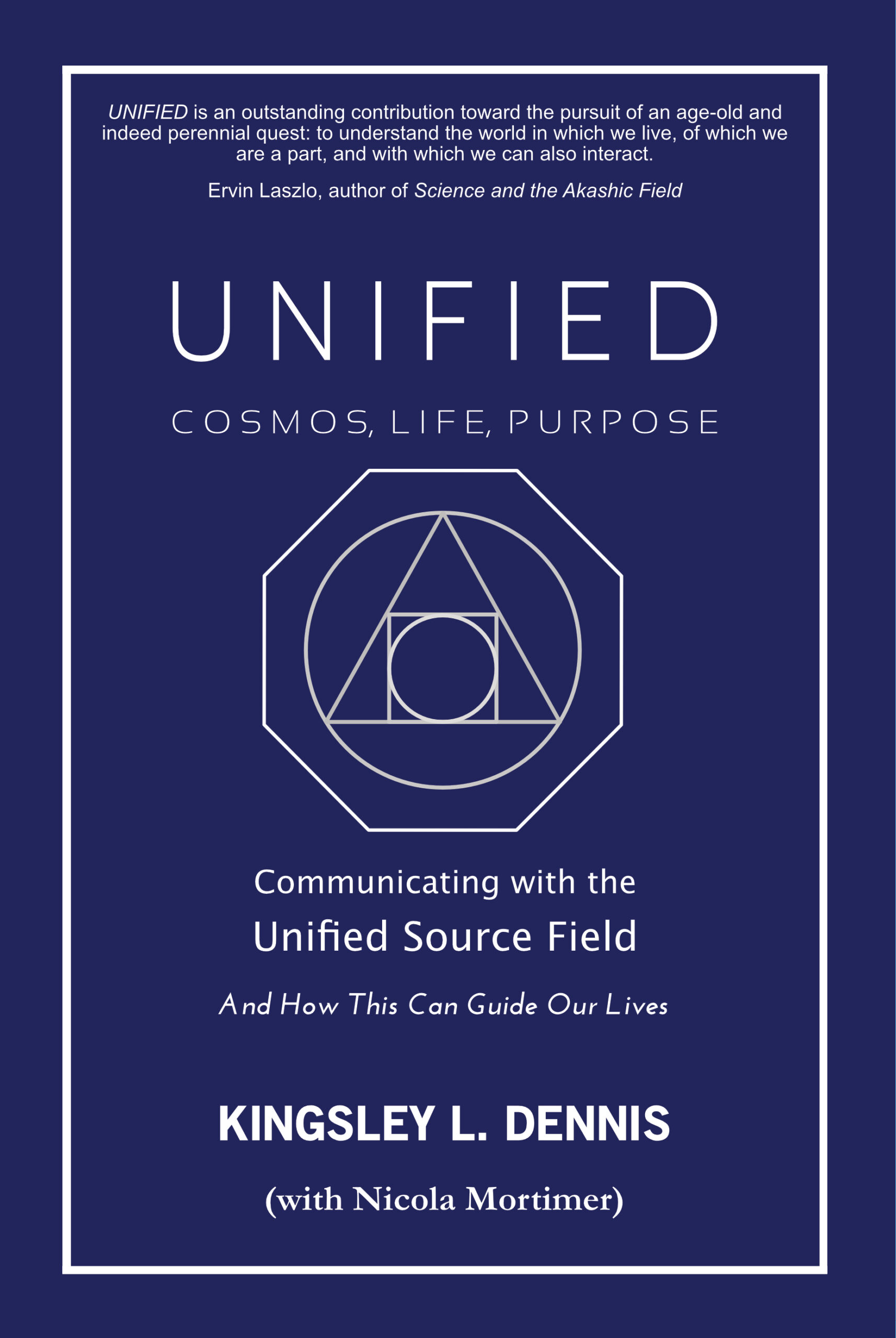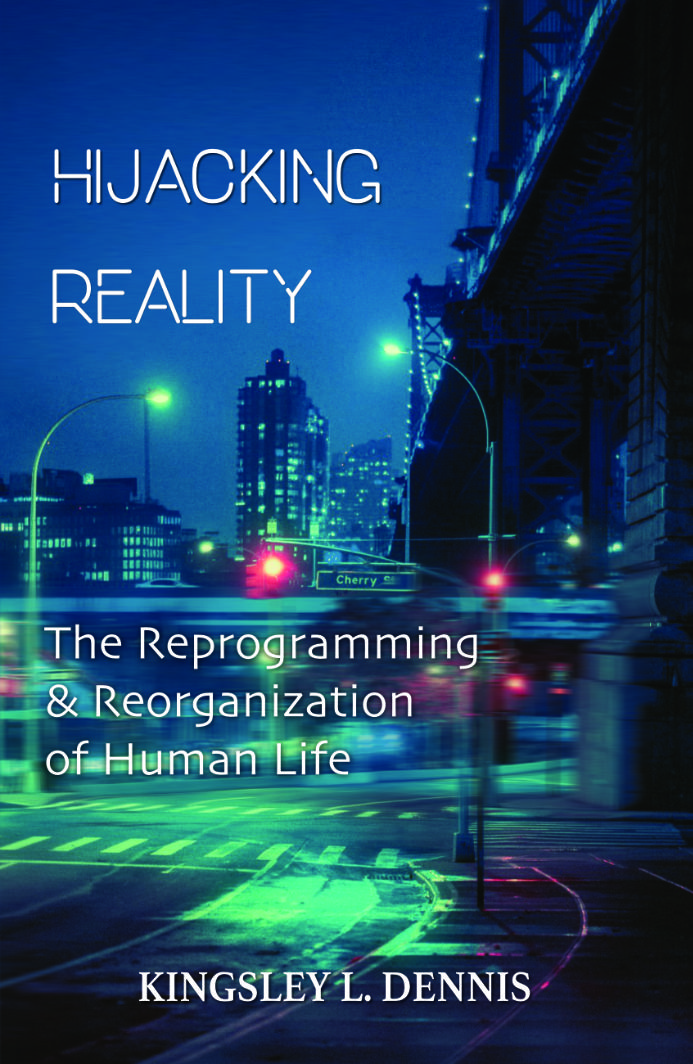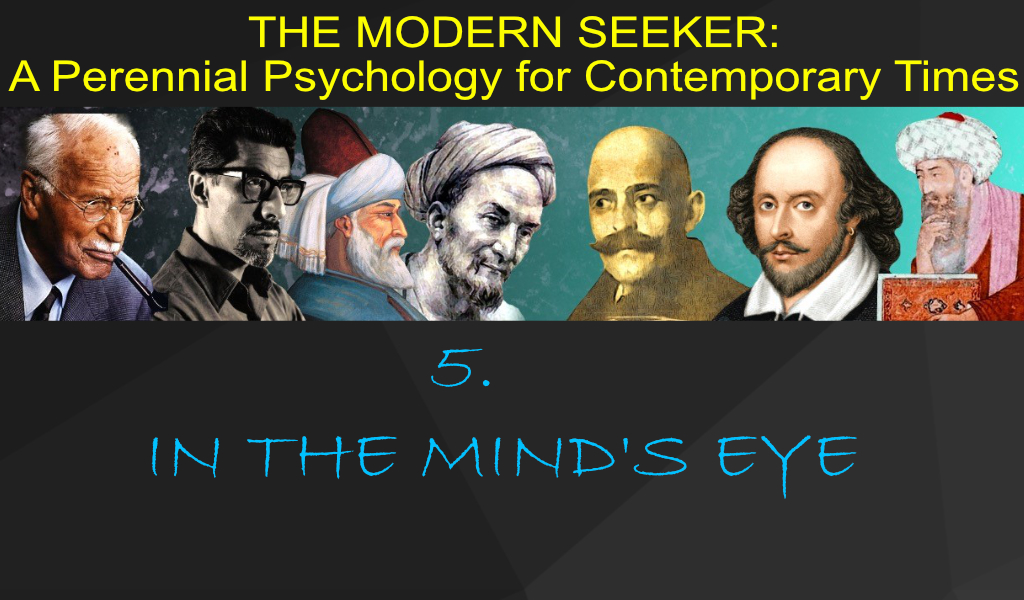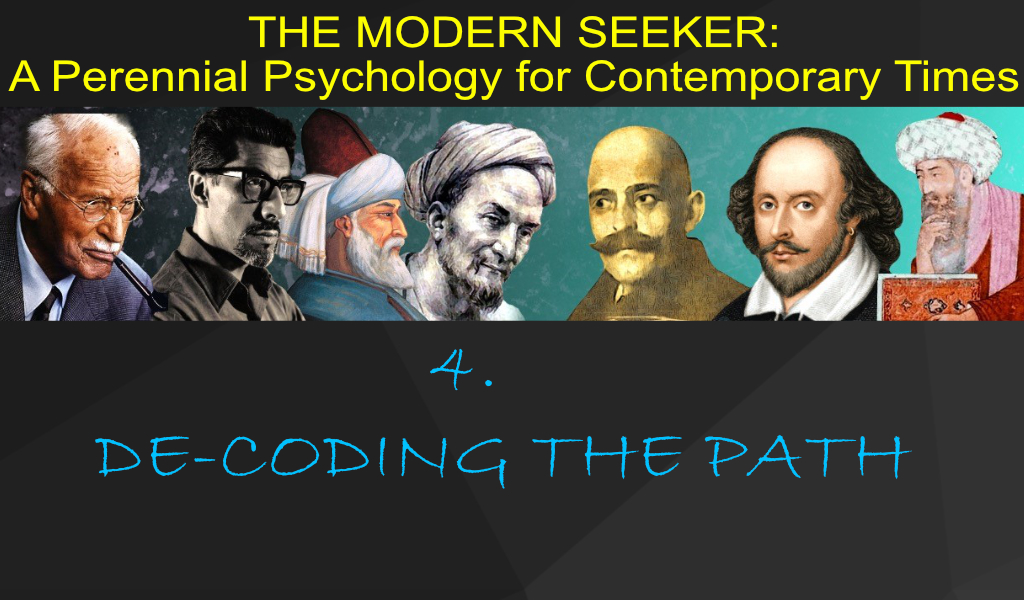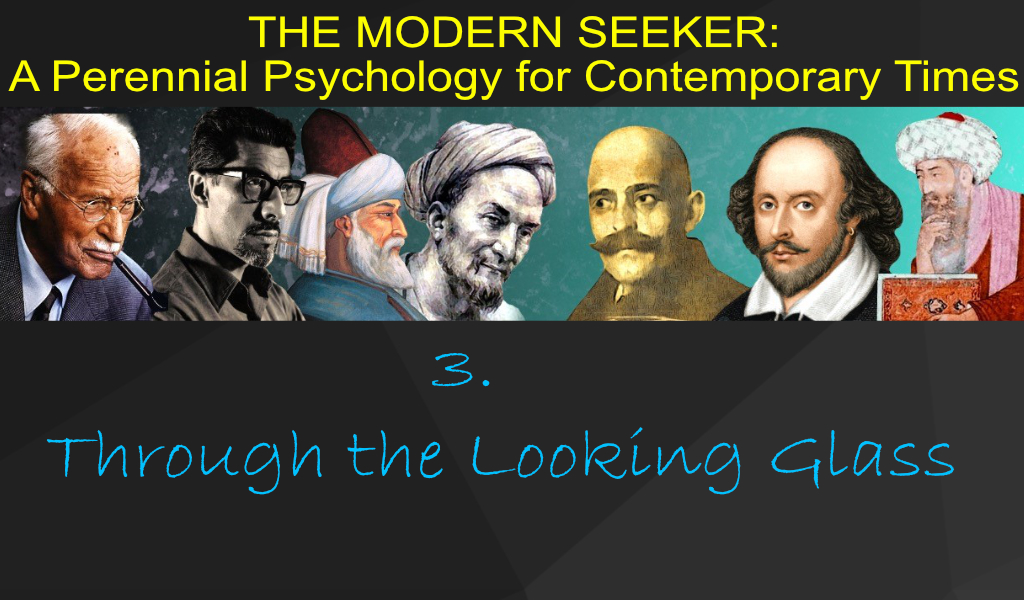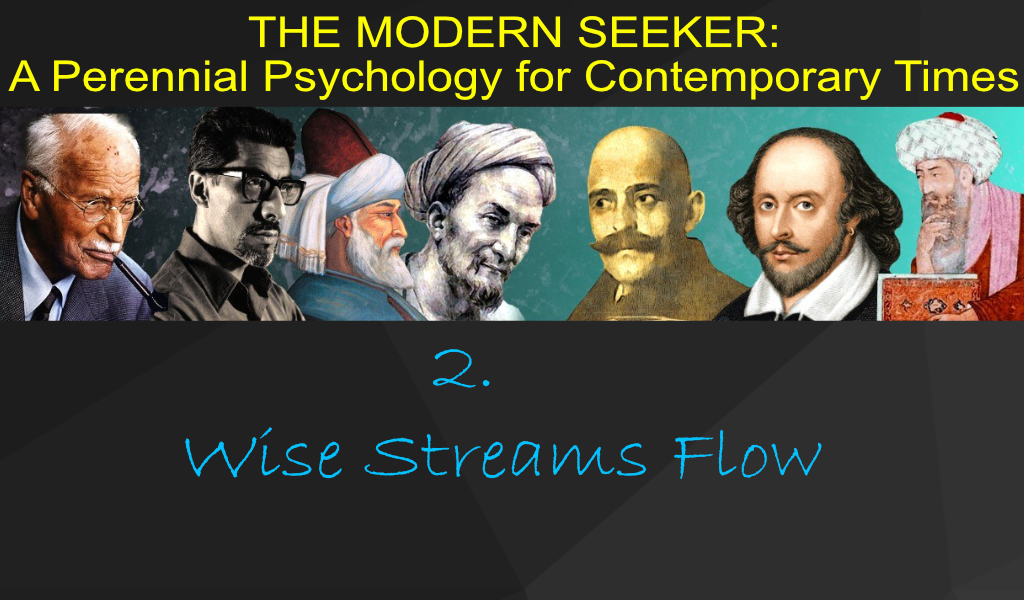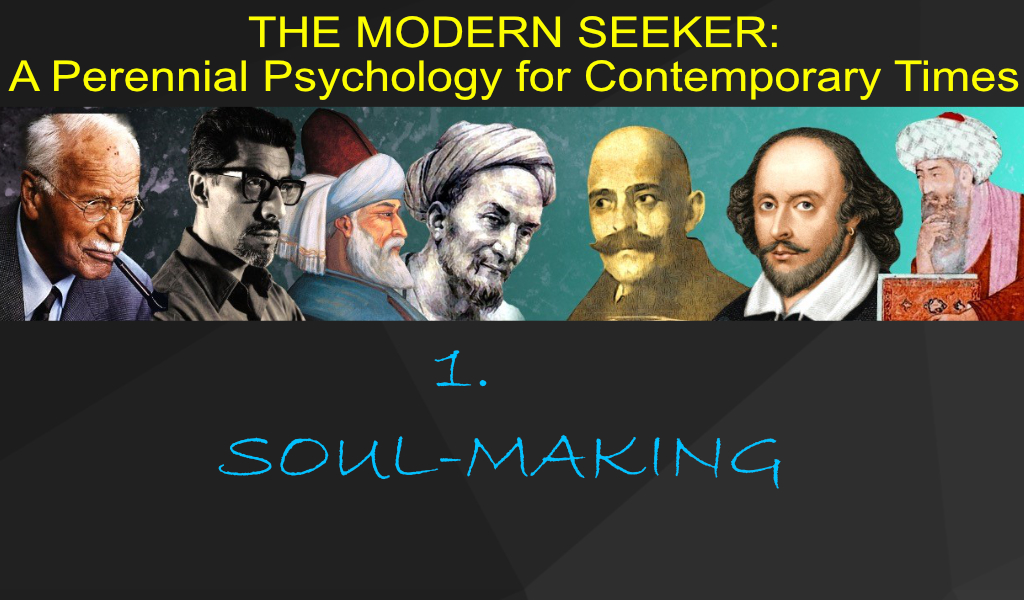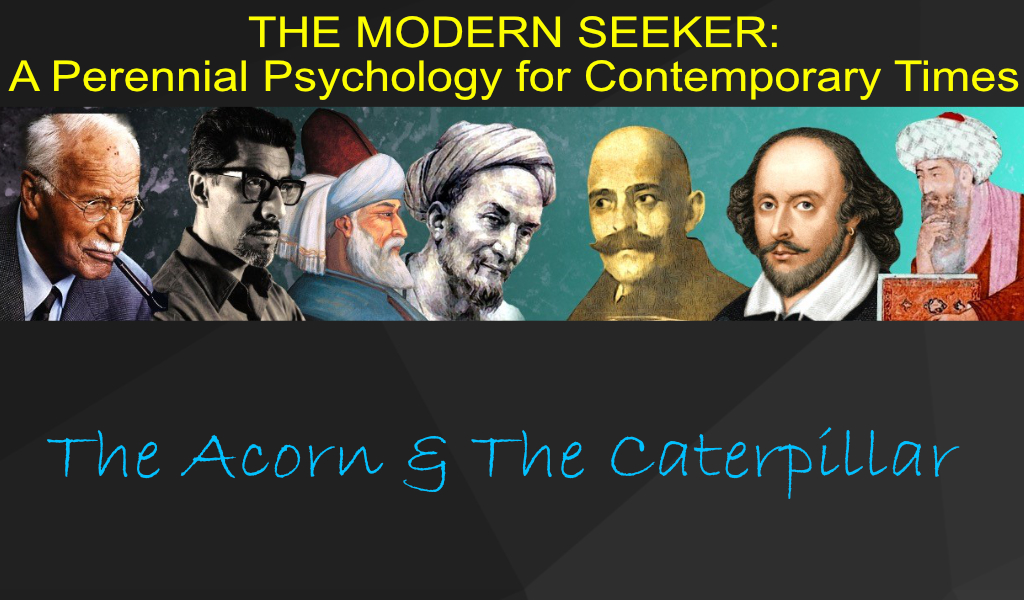As celebrated thinker Edward de Bono notes: ‘If everyone is going in the same direction, then anyone who is going in a different direction is “wrong”. The other direction might be better – but it is still wrong.’
Such is the powerful pull of social conformity. People cannot be fully trusted to say and do what they think is right if others around them are all expressing an opposite opinion. This is because the pull towards social conformity, whether conscious or unconscious, is just too strong. The danger here is that in such environments a person is more likely to give away their personal responsibility than act upon it. A group more generally exhibits a lack of responsibility on the part of its members since each person thinks that the overall responsibility can be shared. Since there is no individual blame to be accrued, a person tends to relinquish their own personal responsibility. The result is that each person reinforces the other’s inertia. Thus, non-action actually becomes the accepted norm within the group. This inertia is then reinforced and validated, often through personal rationalization, since so much has been invested in the group. To be wrong could inflict much angst upon an individual; it is therefore better to rationalize one’s actions as correct. This ‘fear of responsibility’ is a product of socialization and renders an individual less capable of dealing fluidly with the uncertainties and complexities of a full life. The result is that there is a tendency for people to prefer to submerge themselves within ‘the mass’; in other words, to be a silent part of the collective behaviour of the crowd. And it is this exact type of behaviour which has been repeatedly seized upon by dictators and rogue ‘leaders’ as a way of gaining authority and legitimacy.
The obedience to authority figures Various methods in use include how nation states use the ‘reality of truth’ by releasing seemingly accurate statistics that tell of plausible situations. Again, this is the ‘expert in the white lab-coat’ tactic. For such information to be effective it cannot be too far off the truth; in other words, it must have the appearance of reality. Trade, employment, and financial figures are an example of this. And which members of the general public have the knowledge and/or resources to check and confirm such figures? And who really cares? Those people that do know are usually those that have a vested interest in maintaining the illusion, such as traders and financiers. And once a false (or ‘doctored’) claim is disseminated and accepted by the public, it becomes established and hard to deconstruct or invalidate. The ‘allowed’ liberty of thought within society is generally an expression of free thought within a pre-described system: it does not denote liberty external to the system. Examples include the endless array of rock clichés that inspire excitable rebels, such as the raging antics of smashing hotel rooms and throwing televisions out of the window. These all later get morphed into copycat corporate rock PR. In essence, such ‘rebels’ are allowed, and even encouraged, because their antics sell records. Rebelliousness in these forms is thus another contribution to a consumerist society, albeit through a different lens. On the other hand, alternative systems of thought are often labelled as subversive and subject to human acts of modification and/or dismissal. In this manner specific physical, mental, and emotional patterns are engrained, reinforced, and modulated by human institutions. Standardization has been exploited as the key to an orderly society of high population. Yet this very method of consensual consciousness and controlled patterns of thought is anathema to the natural need for evolutionary conscious thinking. This step by step drive toward herding people into an increasingly controlled social environment also, by its intrinsic nature, serves to debilitate social change agents. Social agents of change are those people in every society who are not afraid to break away from the norms of social conditioning and to learn to think for themselves – often against the pull of the masses going the wrong way in the ‘right’ direction. The awakened individual is now required more than ever, so that conscious thinking and conscious behaviour can co-create a way forward, through the morass that surrounds us, and to light the path toward going the right way in the ‘wrong’ direction. [i] See Stanley Milgram’s famous experiments on ‘Obedience to Authority’.

